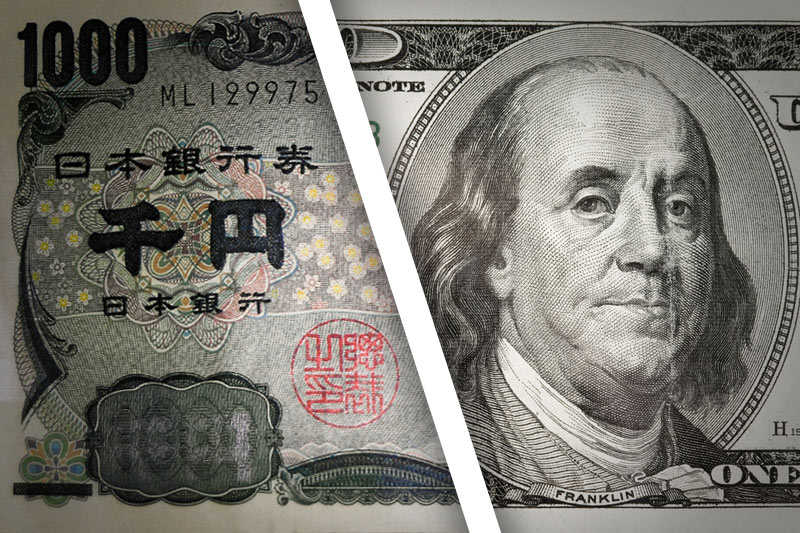Investing.com - The dollar was higher against the yen on Monday after a statement by the Group of 20 nations avoided singling out Japan for criticism over policies which weakened its currency.
USD/JPY hit 94.22 during late Asian trade, the pair’s highest since February 12; the pair subsequently consolidated at 93.99, gaining 0.54%.
The pair was likely to find support at 93.66, the session low and near-term resistance at 94.45, the high of February 11 and a two-and-a-half year high.
The G-20 pledged to ensure that monetary policy is focused on price stability and growth, rather than on weakening currencies, following a weekend summit meeting in Moscow.
Following the G20 summit investor attention returned to the upcoming announcement of the next governor of the Bank of Japan after Governor Masaaki Shirakawa said earlier this month that he plans to step down on March 19, three weeks earlier than expected.
Expectations that Japanese Prime Minister Shinzo Abe will keep up pressure on the central bank to implement more aggressive easing measures have pushed the yen sharply lower since November.
Elsewhere, the yen was lower against the euro, with EUR/JPY rising 0.28% to 125.26.
Trade volumes were expected to remain light on Monday, with U.S. markets remaining closed for the President’s Day holiday.
USD/JPY hit 94.22 during late Asian trade, the pair’s highest since February 12; the pair subsequently consolidated at 93.99, gaining 0.54%.
The pair was likely to find support at 93.66, the session low and near-term resistance at 94.45, the high of February 11 and a two-and-a-half year high.
The G-20 pledged to ensure that monetary policy is focused on price stability and growth, rather than on weakening currencies, following a weekend summit meeting in Moscow.
Following the G20 summit investor attention returned to the upcoming announcement of the next governor of the Bank of Japan after Governor Masaaki Shirakawa said earlier this month that he plans to step down on March 19, three weeks earlier than expected.
Expectations that Japanese Prime Minister Shinzo Abe will keep up pressure on the central bank to implement more aggressive easing measures have pushed the yen sharply lower since November.
Elsewhere, the yen was lower against the euro, with EUR/JPY rising 0.28% to 125.26.
Trade volumes were expected to remain light on Monday, with U.S. markets remaining closed for the President’s Day holiday.
